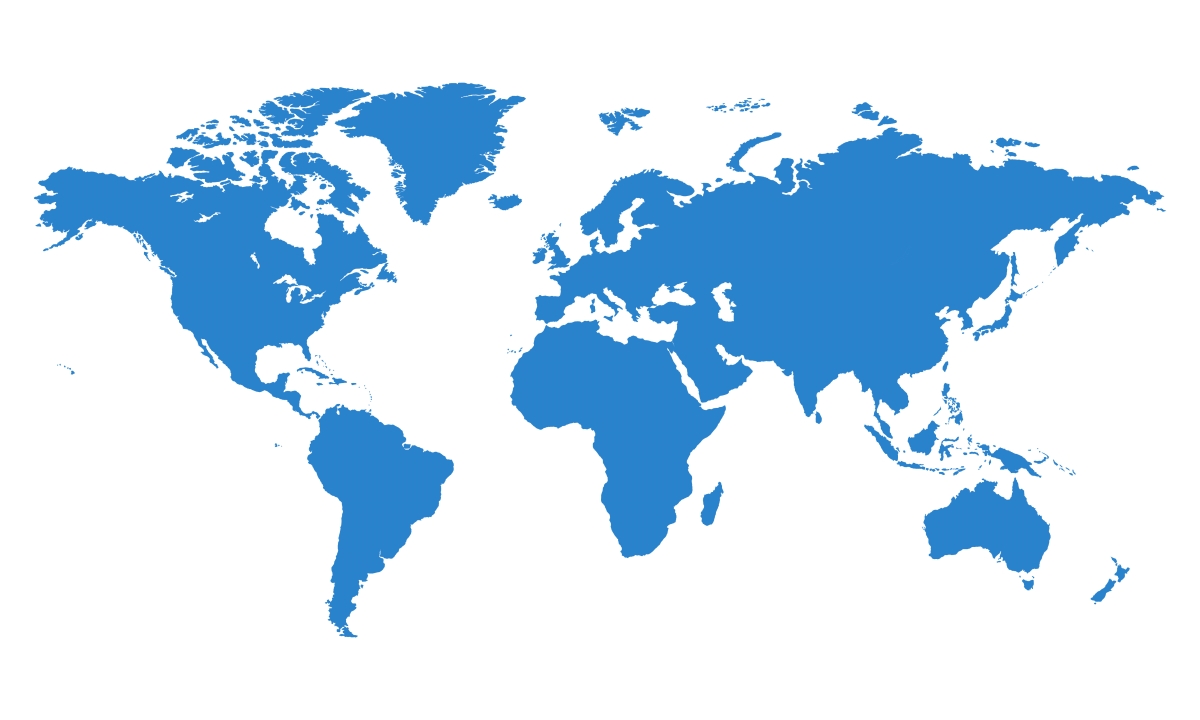Which nations draw more skilled people? The top 25 is dominated by European regions.
Which nations draw more skilled people? The top 25 is dominated by European regions.
In the next ten years, how will the talent acquisition landscape develop, and which countries will be able to attract and retain more talent? Euronews Business takes a peek.
The Global Talent Competitiveness Index (GTCI) 2023 indicates that the US, Switzerland, and Singapore are leaders in luring and developing talent.
With 17 European nations in the top 25, the top 10 also includes Denmark, the Netherlands, Finland, Norway, Australia, Sweden, and the United Kingdom.
While Australia and Norway have demonstrated significant improvement, the United Kingdom, Luxembourg, and Iceland are among the European nations that have seen a major decline in their standing during the past ten years.
Every year, the Human Capital Leadership Institute, the Geneva-based consulting Descartes Institute for the Future, and the French nonprofit graduate business school INSEAD collaborate to publish GTCI.
134 nations are represented in the GTCI.

The CEO of the Human Capital Leadership Institute, Doris Sohmen-Pao, noted that although the top jobs have not changed in the last ten years, talent acquisition strategies have changed quickly.
“Over the past ten years, there has been little change in the rankings, but there have been significant shifts in talent management across all industries. This is particularly true for businesses as they adapt to the pandemic, technology advancements, and the need for sustainability, according to Sohmen-Pao.
With China and Russia drawing in more talent than ever and placing 40th and 52nd, respectively, some emerging nations have greatly increased their talent competitiveness.
Which nations are attracting talent better than others?

One of the most significant variables may be the substantial correlation between talent competitiveness and income level, since higher index performers exhibit longer-term stability in their talent competitiveness.
Switzerland has been sitting at the top of the list over the last decade, not least due to the huge pay one may look for should they move to the country, but also because to the stable political and socioeconomic backdrop. The nation has continuously performed well in every area the index looks at, including developing and keeping talent.
In what ways will talent competitiveness change in the ensuing ten years?

The study predicts that competition for talent will increase.
Although trade, investment, politics, and diplomacy will all continue to be fraught with uncertainty and rising international tensions, talent competitiveness is predicted to become more and more important for states, giving rise to an increasing number of “talent wars.”
The changing expectations of younger generations about their quality of life, new economic models, and technological breakthroughs like artificial intelligence will all have an impact on how the workplace is structured going forward.
In order to become hubs for talent, cities and regions will take the lead in developing creative talent strategies that prioritize sustainability and quality of life.
Regulations will be essential in the interim to ease tensions and maximize the potential of people and technology for a more sustainable global community.
“One of the cornerstones of the upcoming globalization era will be talent competition. Our ability to develop, draw in, and nurture the proper talent will be critical to our collective ability to reduce global inequality and improve the sustainability of the planet, as stated by report co-author Bruno Lanvin.
In the meantime, a new way of living is taking shape: the study predicts that re-skilling will become more crucial than ever in the quickly evolving and unpredictable economic landscape.

